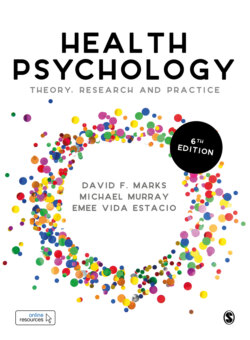Читать книгу Health Psychology - Michael Murray - Страница 128
На сайте Литреса книга снята с продажи.
Interviews (Semi-structured)
ОглавлениеSemi-structured interviews are designed to explore the participant’s view of things with the minimal amount of assumptions from the interviewer. A semi-structured interview is more open-ended than a structured interview and allows the interviewee to address issues that he/she feels are relevant to the topics raised by the investigator (see Qualitative research methods below). Open-ended questions are useful in this kind of interview. They have several advantages over closed-ended questions. The answers will not be biased by the researcher’s preconceptions as much as closed-ended questions can be. The respondents are able to express their opinions, thoughts and feelings freely, using their own words in ways that are less constrained by the particular wordings of the question. The respondents may have responses that the structured interview designer has overlooked. They may have in-depth comments that they wish to make about the study and the topics that it is covering that would not be picked up using the standard questions in a structured interview.
In preparing for the interview the researcher should develop an interview guide. This can include a combination of primary and supplementary questions. Alternatively, the researcher may prefer to have a list of themes to be explored. However, it is important that the researcher does not formally follow these in the same order but rather introduces them at the appropriate time in the interview. Prior to the interview, the researcher should review these themes and order them from the least invasive to the more personal.
